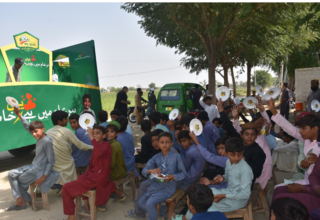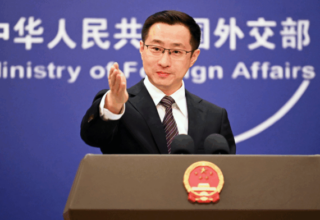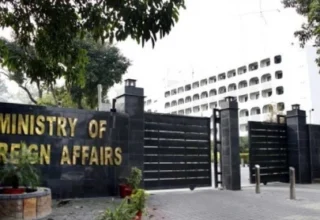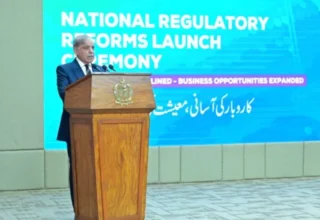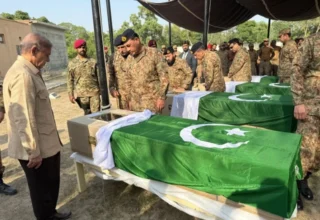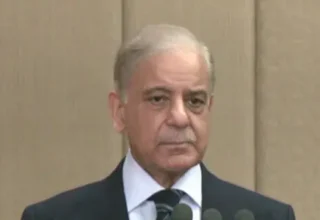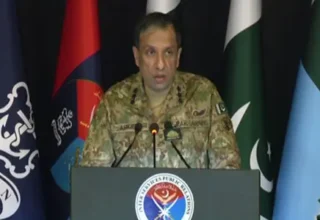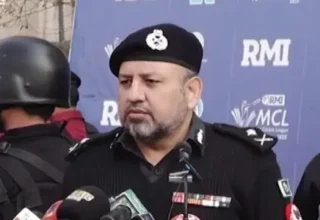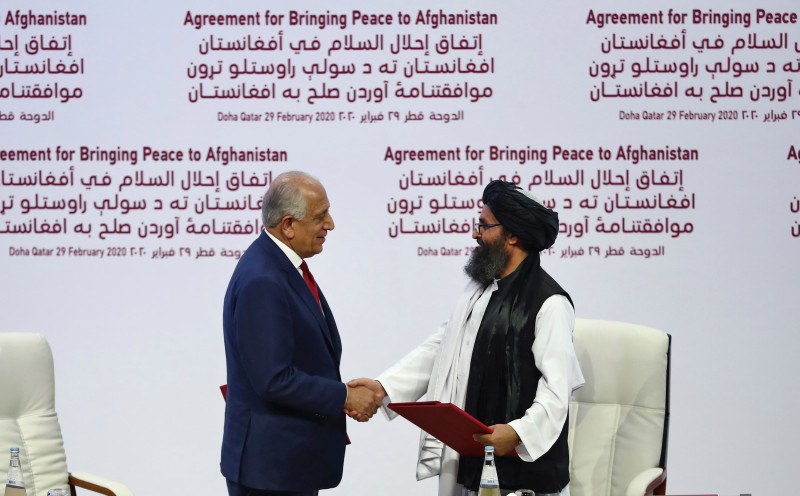
Afghan Taliban must honour diversity in intra-Afghan dialogue
By Dr Hussain Yasa
A week after the Intra-Afghan talks started, at last, the distance between the two negotiating teams started surfacing in the first session of their proper face-to-face talks.
It took almost a week for the contact groups to finalize the agenda and the principles of the talks.
From the very beginning, it was anticipated that the differences between both sides, on various important issues from democracy to human rights might be the discerning barrier in reaching to a cohesive conclusion.
Notwithstanding, the talks were inaugurated in the presence of prominent diplomats from around the world including the the US Secretary of State, Mike Pompeo.
The Afghan government delegation comprised of different political parties, embodying various ethnic, lingual and cultural constituencies, including four women. Although, this delegation is not harmonized in their political approaches but at least the issue which works as the coherent factor is that all members of this delegation have faith in democracy, human rights, women rights and the parts of the constitution which recognize the political, cultural and religious pluralism.
Moreover, the demand for a prominent ceasefire is the prerequisite which is commended by the ordinary Afghan populace and the international community.
The delegation is participating in the talks with a clear agenda recommended by the consultative Loya Jirga (Traditional Grand Assembly of elders) held on August 07, 2020.
During talks, Taliban tried to stay tough to their vague and unclear traditional narrative. They never spoke in clear terms about their current stance on various key issues.
The Taliban tried to stay tough to their vague and unclear traditional narrative. They never spoke in clear terms about their current stance on various key issues.
Since, they are well aware their version of governance and political system is not welcomed domestically and internationally. They played very successfully with the common and undisputed faith of a common Muslim, like ‘Islam is the solution to all problems, it promotes brotherhood and equality and has a high value for women’. At the same time, they increased their military campaign for more territorial gain to strengthen their negotiating position but all in vain.
Despite the fact knowing the real intentions of Taliban, no one expressed their skepticism. Probably, International community led by the US just wanted to break the ice with the start of these talks – the second phase of the US-Taliban deal deadlocked in February 29, 2020 in Doha.
But at last, the Taliban had to open their cards. In the first session, they started with a highly sensitive issue regarding the personal law of the Shiites of Afghanistan. Although the exact population of Afghans has always remained ambiguous, the Shiites have comprised of around 20 percent of the whole population of Afghanistan. Certainly, they are trying to win the hearts of the majority Sunni community, mostly followers of the Hanafi school of thought.
In this regard, there are two articles in the current enacted constitution of Afghanistan. The article 130 says, “In cases under consideration, the courts shall apply provisions of this Constitution as well as other laws. If there is no provision in the Constitution or other laws about a case, the courts shall, in pursuance of Hanafi jurisprudence, and, within the limits set by this Constitution, rule in a way that attains justice in the best manner”.
Moreover, Article 131 articulates, “The courts shall apply the Shia jurisprudence in cases involving personal matters of followers of the Shia sect in accordance with the provisions of the law. In other cases, if no clarification in this Constitution and other laws exist, the courts shall rule according to laws of this sect.”
In addition to that, the Shia Personal (Family) Law was approved by the Parliament and endorsed by the then President Hamid Karzai in February 2009.
The majority of the former anti-Taliban constituency comprised of absolute majority of Sunni Muslim never had problem with their Shiite allies throughout long years of resistance against Taliban. It is also to be mentioned that the majority of the Pashtuns have strongly supported the Shiite personal law in the parliament.
The other issue that might need a tiresome round of discussion is the ceasefire – the only effective card in the hand of Taliban. The Taliban want to bargain a big deal in return for the ceasefire.
Since, the intensifying wave of violence has also two different aspect: for Taliban it is a holy war, while for the people suffering it is nothing more than a catastrophic calamity.
In Kabul, political parties previously part of Northern Alliance have started building up their lines against any probable detrimental situation.
Speaking to the 9th death anniversary of the Burhanuddin Rabbani, the ex-president and the prominent jihadi leader, who was killed by a suicide bomber dispatched by the Taliban on September 20, 2011, Haji Mohammad Mohaqiq, the prominent Hazara leader, and Salahuddin Rabbani, the son of the slain ex-president and the current head of the Jamiat-e Islami made it loud and clear that they are ready to support peace but an honorable one with inclusive approach. They are asking for a clear map out of this peace process, the future contour of the polity and the mode of governance.
The recognition of the ethnic, lingual, cultural and religious diversity is one of the undeniable values of this century.
Taliban should also change their 20th-century approach and enter into the national political stream with a new moderate Islamic approach refutingviolence. They should not gamble with the integrity of Afghanistan.

Note: The author is an expert on Afghan affairs. He is based in Germany. The views are personal of the author.

